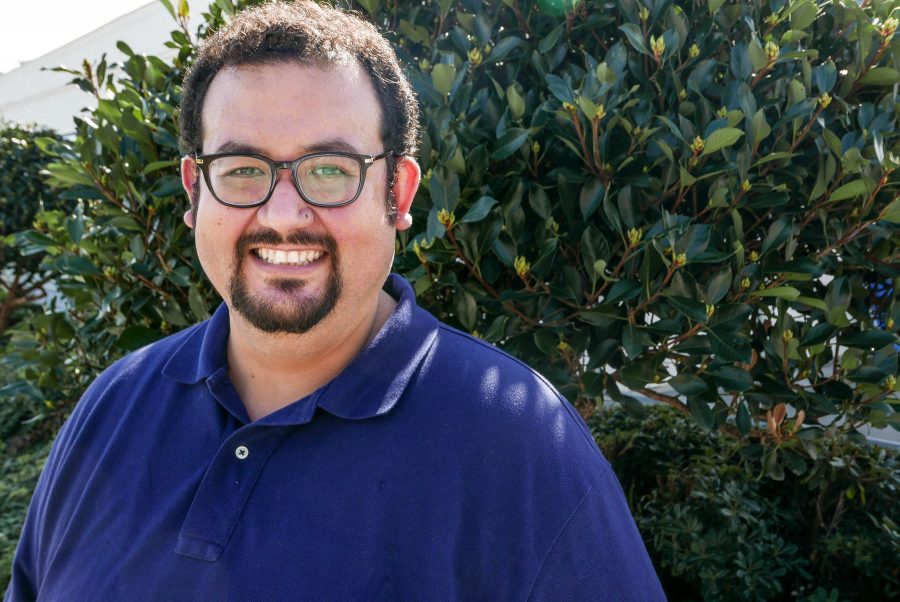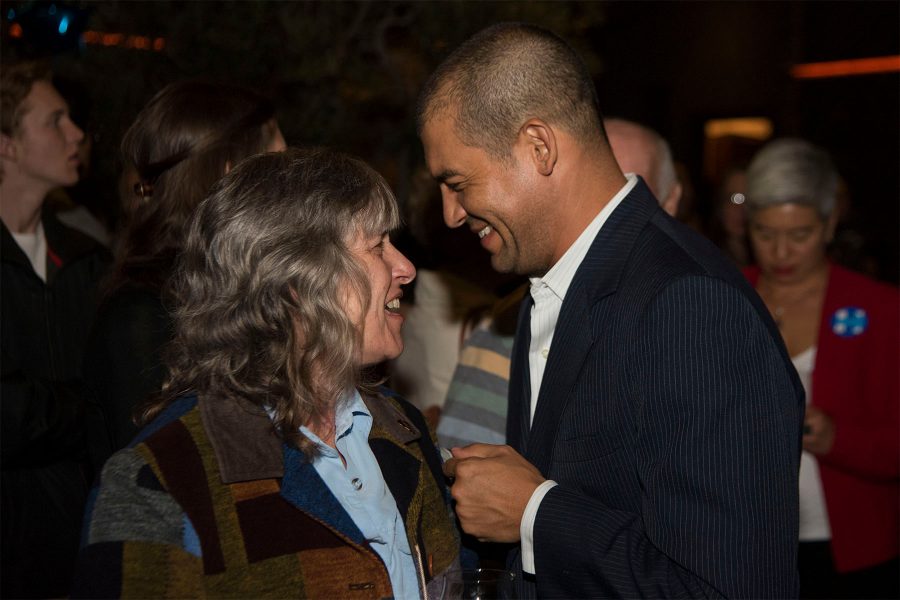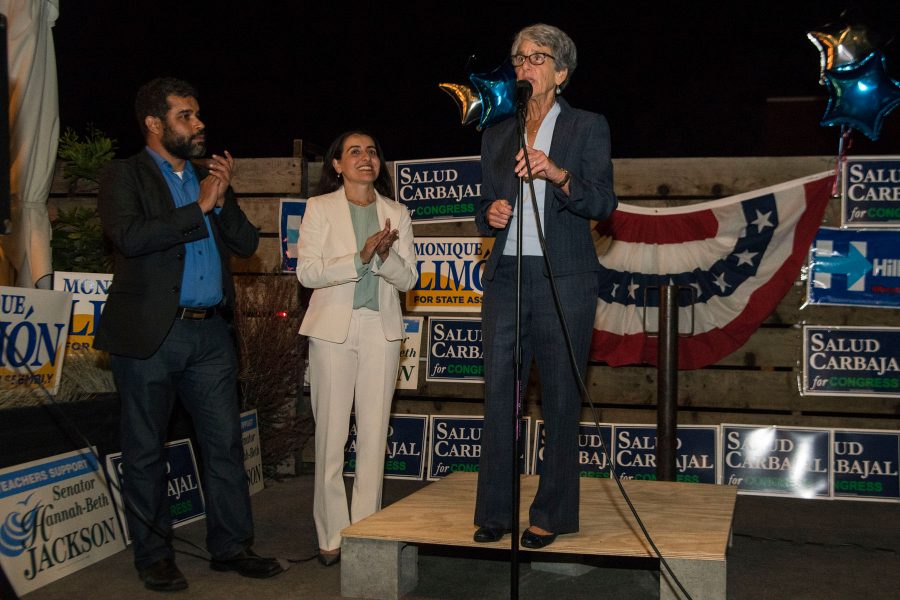In a world of increasing exposure to information and different viewpoints, feminism has become a dirty word.
People distance themselves from the term and discredit those who identify with it. Many are misinformed.
“I was refraining from calling myself a feminist,” said business entrepreneur major Alyssa Farias. “It’s not that I’m ashamed of it, but as soon as you say the word I feel like everything else that comes out of your mouth is like, denoted, unrecognized.”
On City College campus this week were “pro-life” campaigners. They set up on West Campus, with large posters of 10-week-old fetuses and graphic flyers. The man speaking wore a GoPro around his neck. On their Facebook page, the group posted videos of upset City College students fighting amongst themselves. People were screaming, overwhelmed and on the verge of tears.
In the crowd gathering, students responded to the concept of feminism in varying ways. When asked if they’d identify as feminist, both male and female students often said that they don’t like labels or that the movement seemed to promote inequality.
However, their views tended to line up with the word’s Merriam-Webster definition, which states that it is, “the theory of the political, economic, and social equality of the sexes.”
That begs the question, why is there such a gap between believing in gender equality and identifying as a feminist?
“It seems like they’re fighting for an unbalanced society, in favor of women over men,” said business economics major Carlin Collins. “Point blank, I wouldn’t say that men and women are equal. What that means to me is I believe men and women have characteristics that they do better than others.”
The idea that equality requires total “sameness” is not a functioning concept in today’s diverse world. In fact, United Nations Women states that “Equality does not mean that women and men will become the same but that women’s and men’s rights, responsibilities and opportunities will not depend on whether they are born male or female.”
Equality inherently includes differences. Even if one were to examine equality as applied only to men, there would still be vast differences among our global male population. Factors such as height, weight, eye color and hair color could be used to justify inequality, if relying on that concept of sameness.
Therefore, equality must be understood as a concept that recognizes differences and allows individuals the freedom to pursue an equal quality of life.
In any human rights movement, it may be difficult to ensure that all humans feel welcome to participate. With feminism, men may feel uninvited or unwelcome to discuss gender equality.
In a United Nations speech in 2014, actress Emma Watson spoke to that issue and invited men to take part in the fight for equality.
The only solution to gender inequality is that everyone takes part in the change. That cannot be done if 82 percent of Americans still shy away from the word feminism, while 85 percent claim they believe in equal rights.
“I think a lot of guys think it’s more of an overpowering men movement, instead of women for equality,” said philosophy major Jimmy Becker. “[To them I’d say] stop stroking their male ego and be comfortable with losing a little masculinity.”
As believers in equality, we have a duty to educate ourselves on the various inequalities suffered by our fellow humans. Then, we have to be brave. We have to believe in our ability to promote change, even if only leading through example. And we cannot shy away from an equal rights movement because of misinformation and negative connotations.












